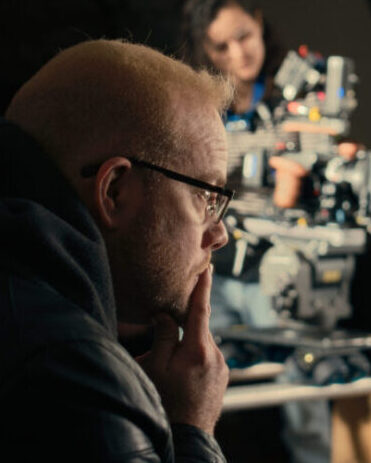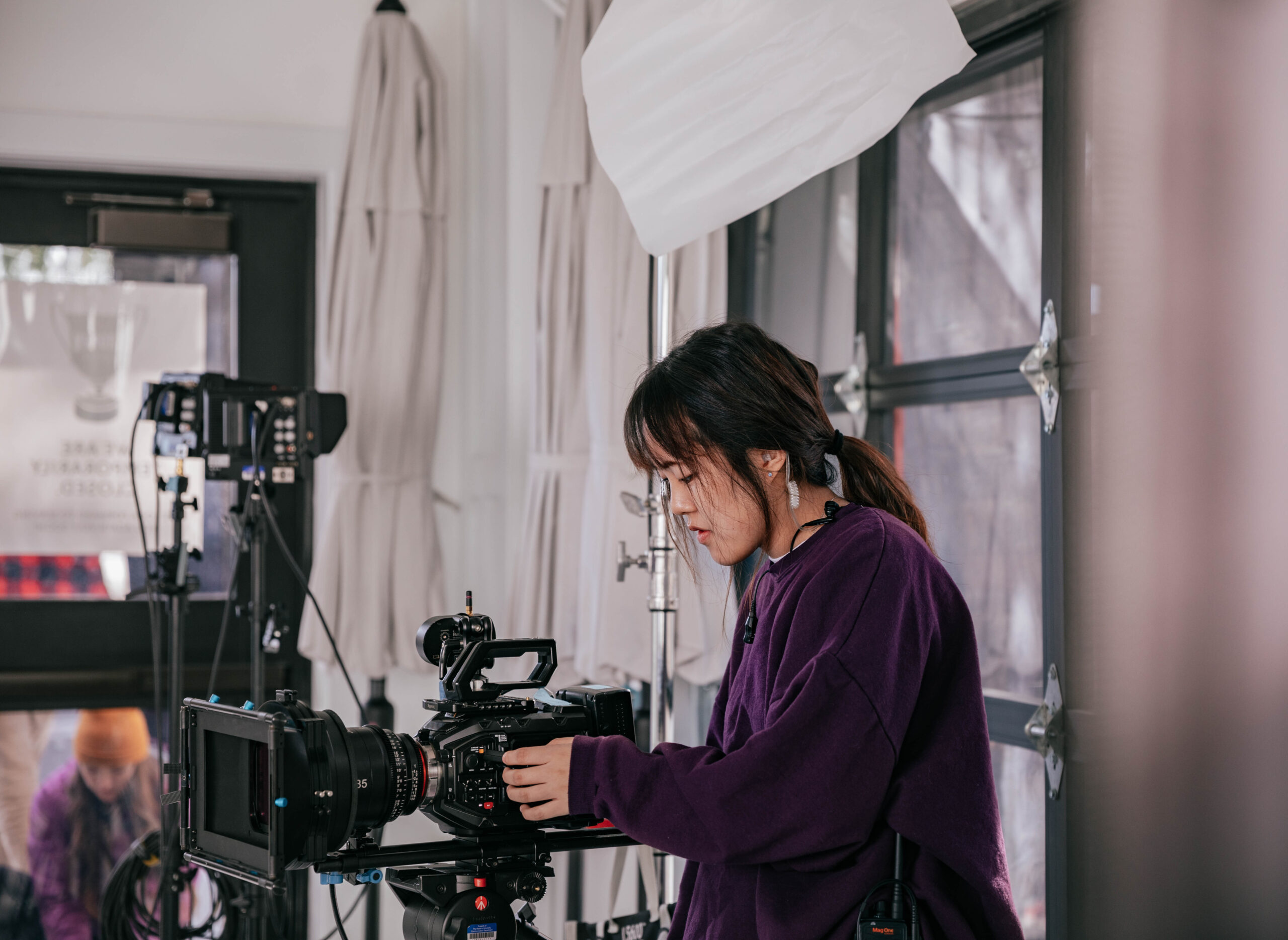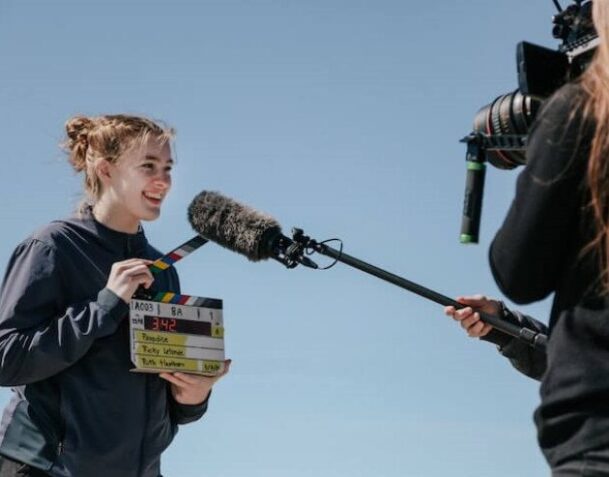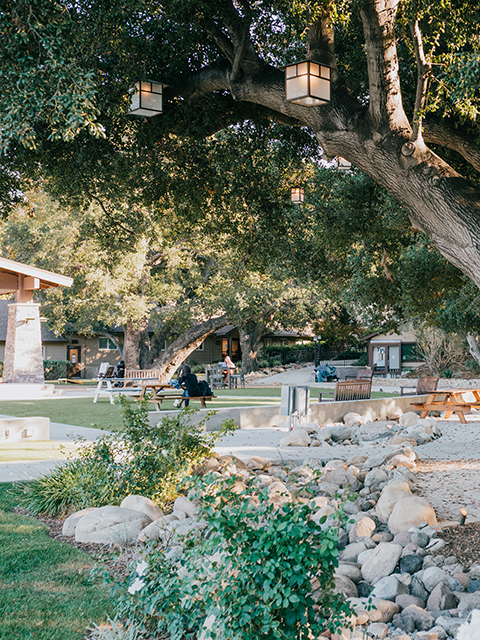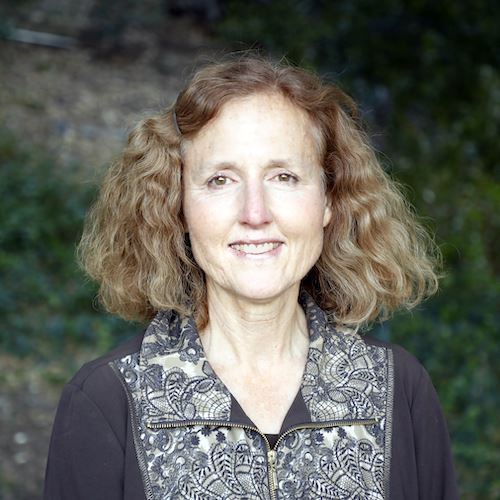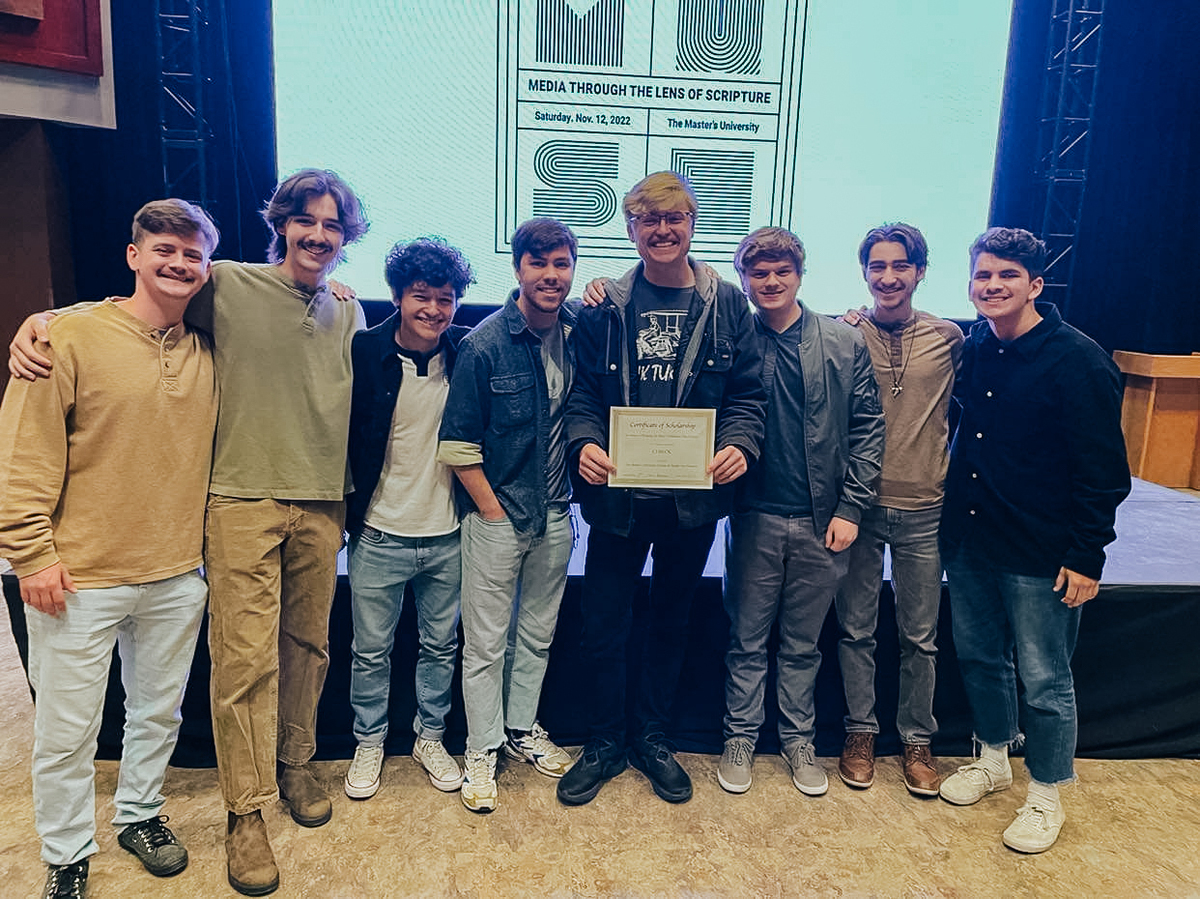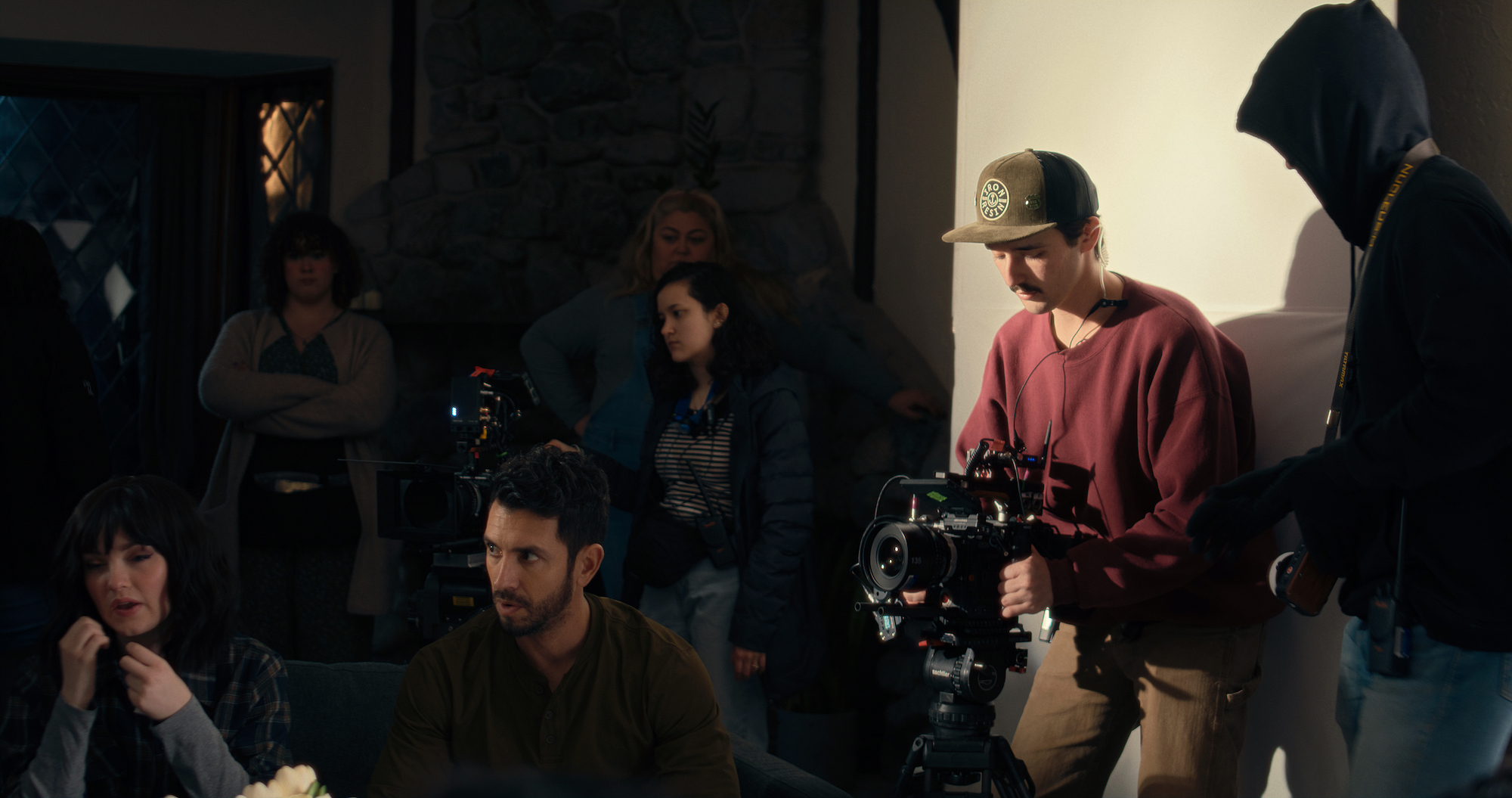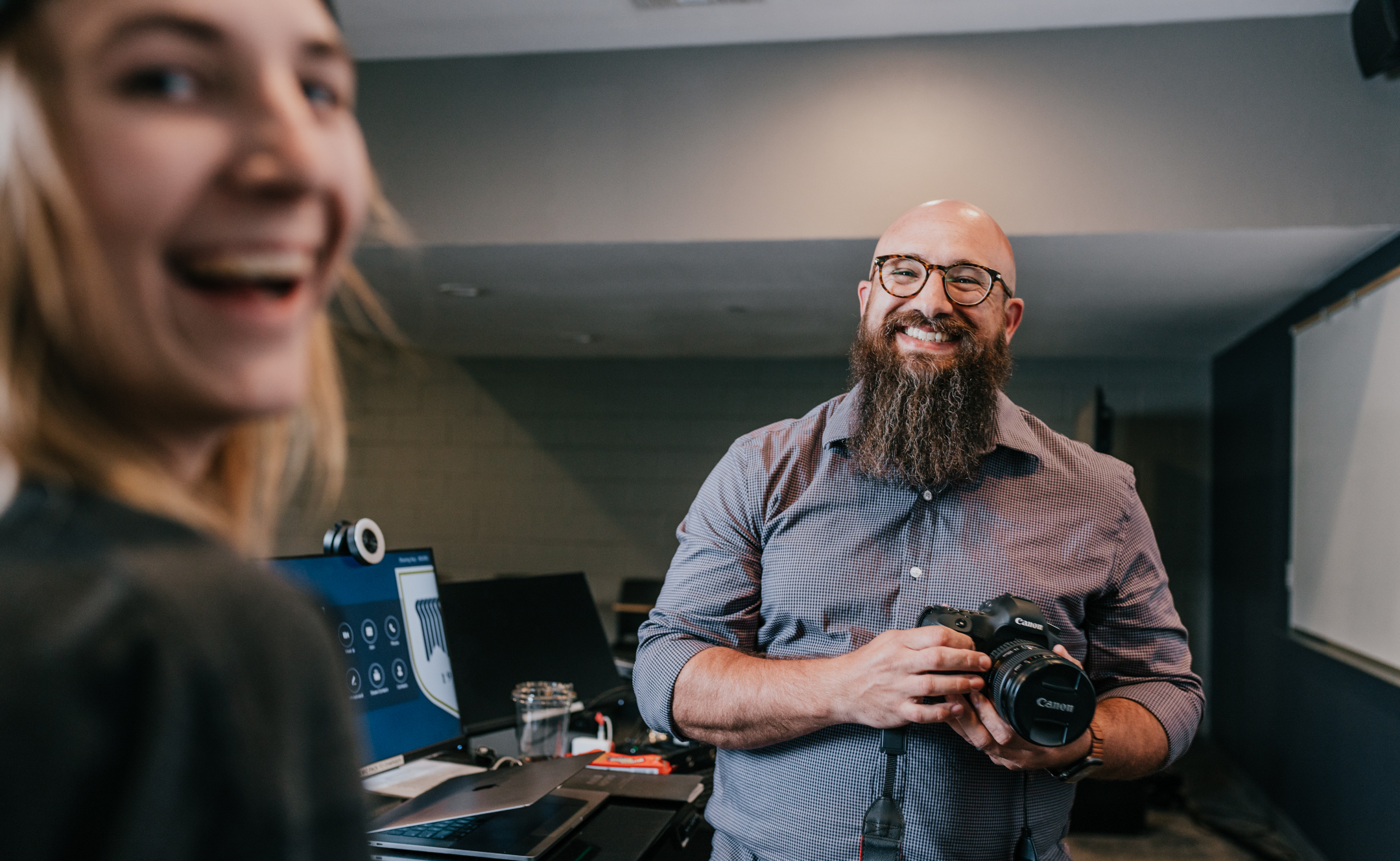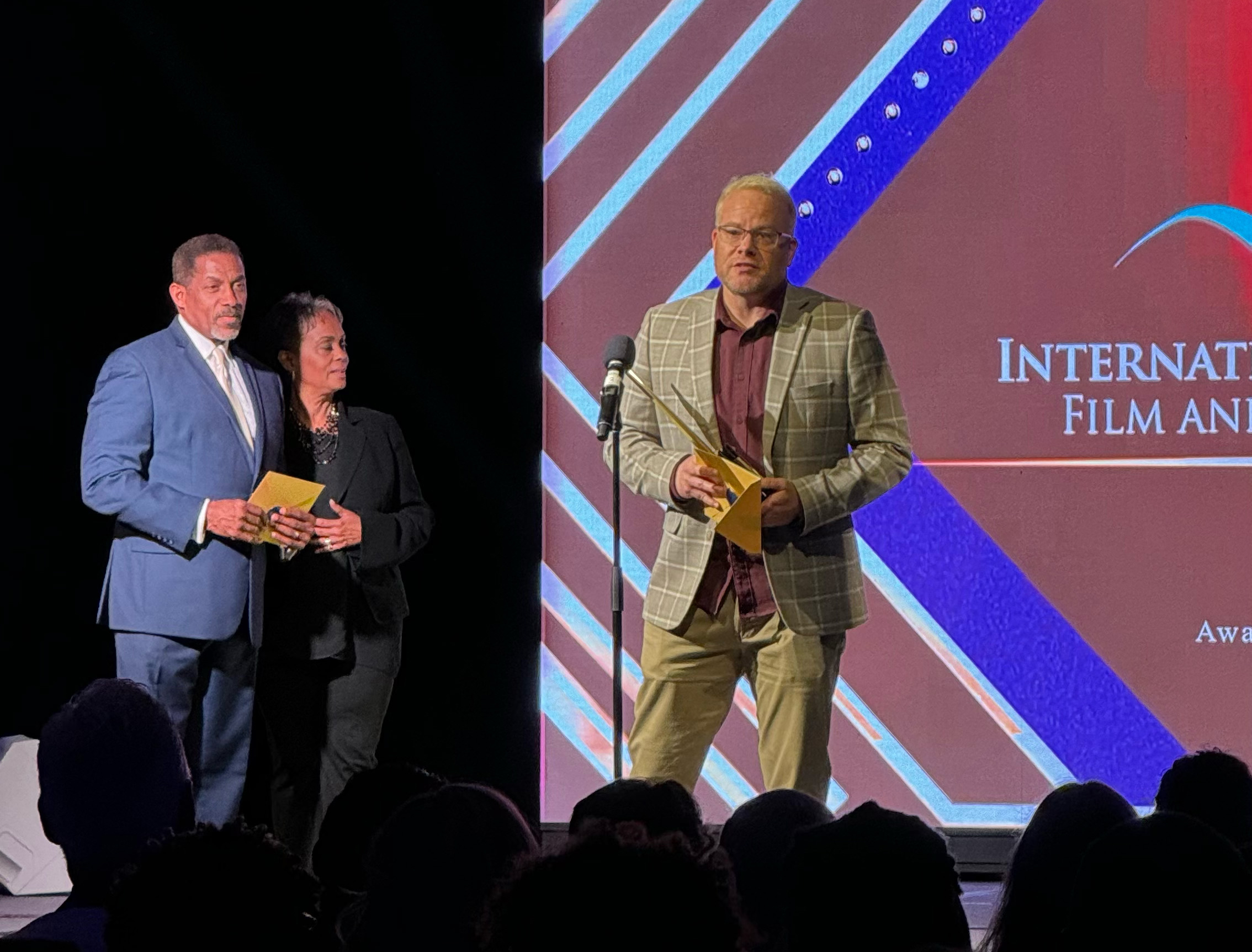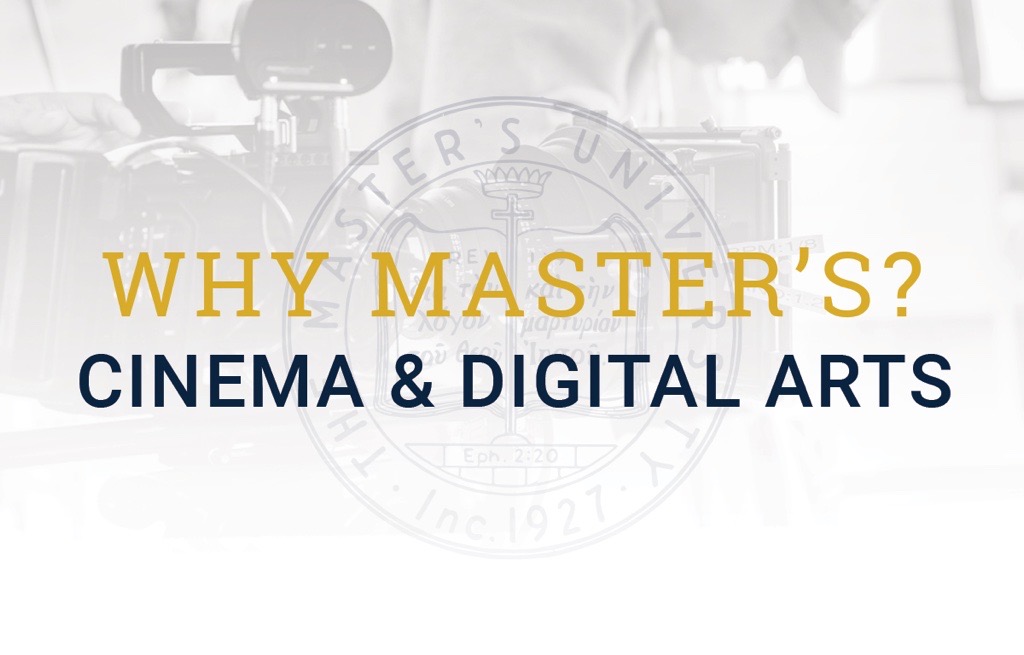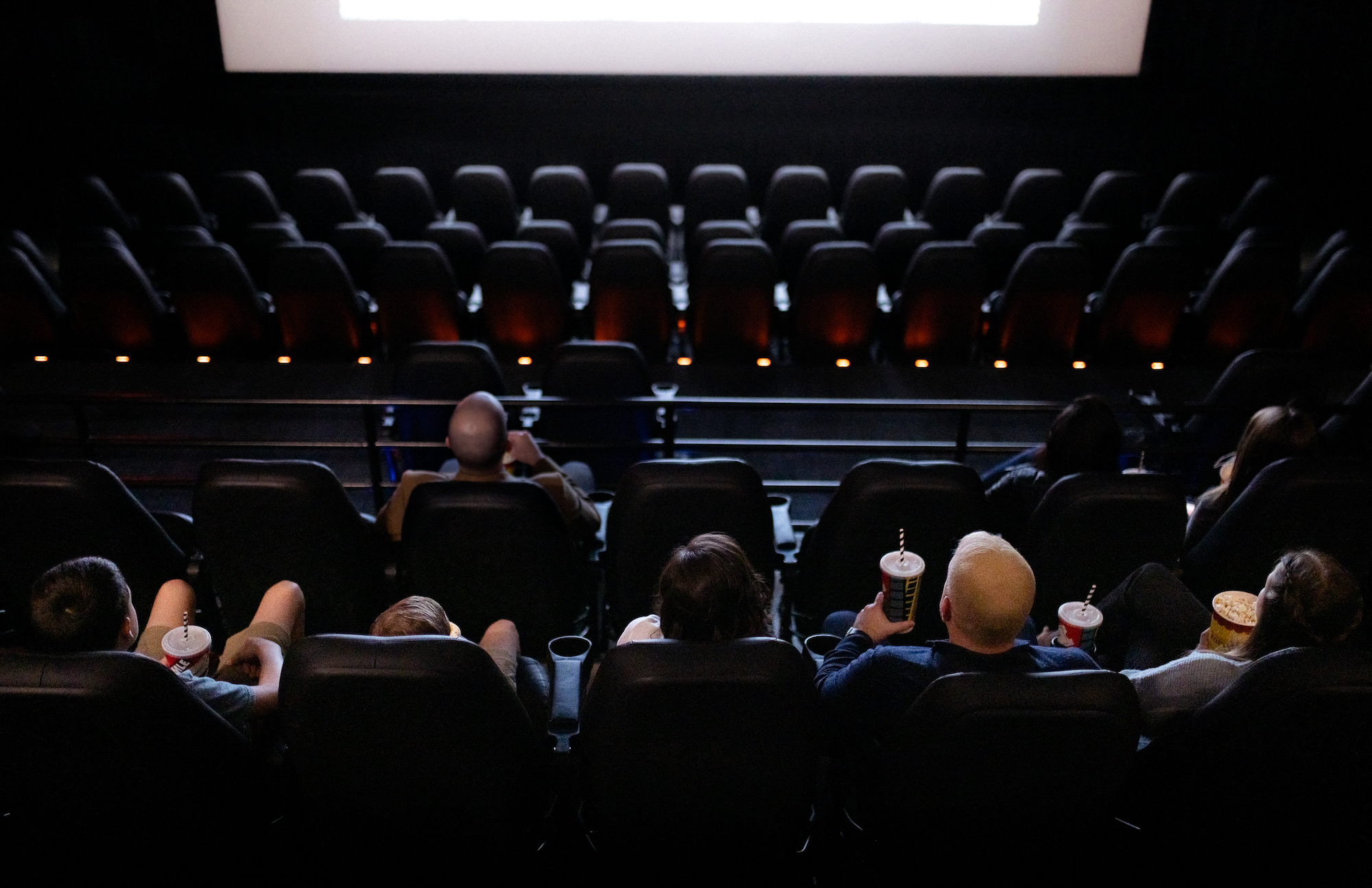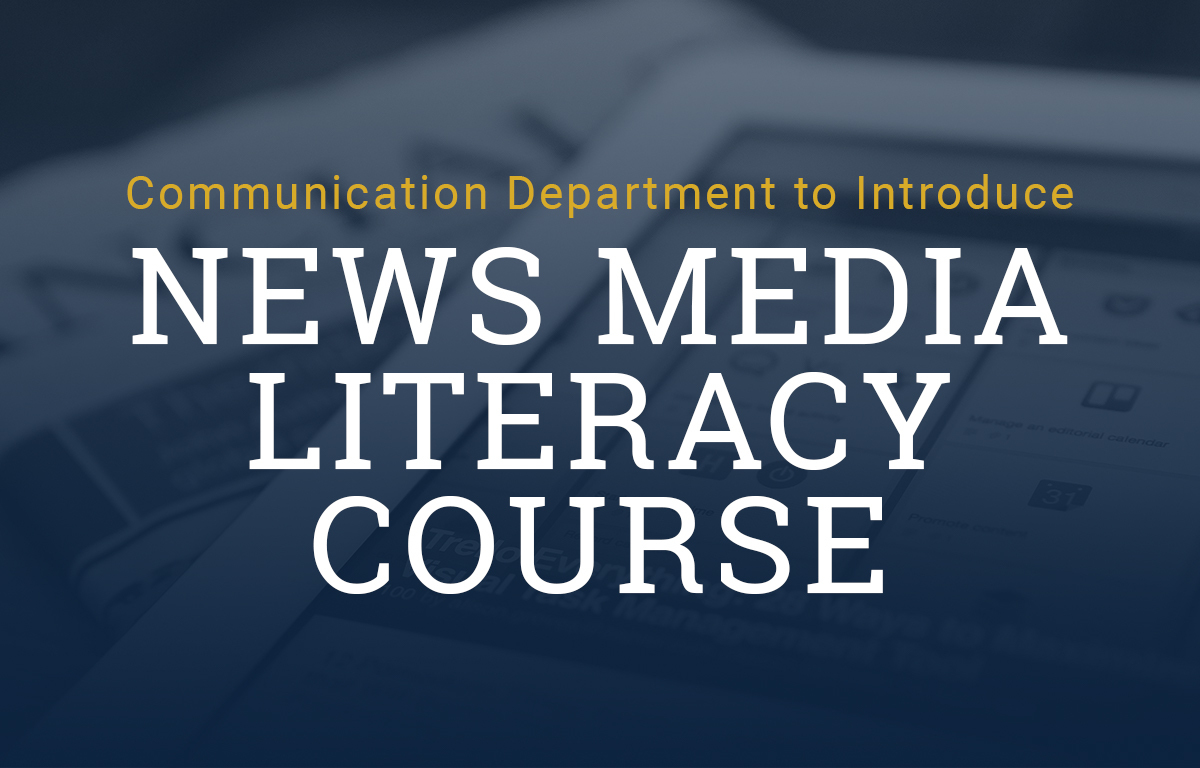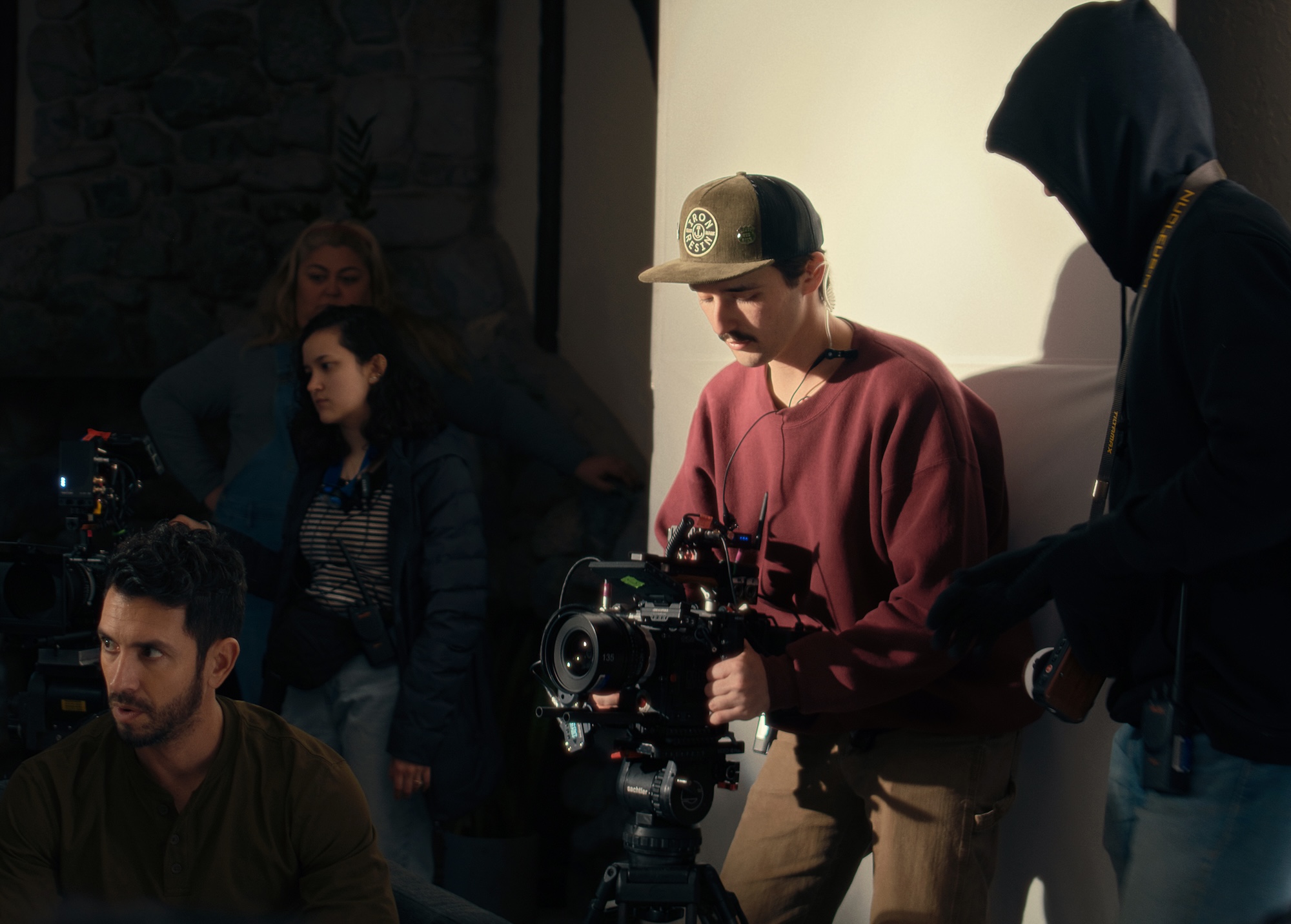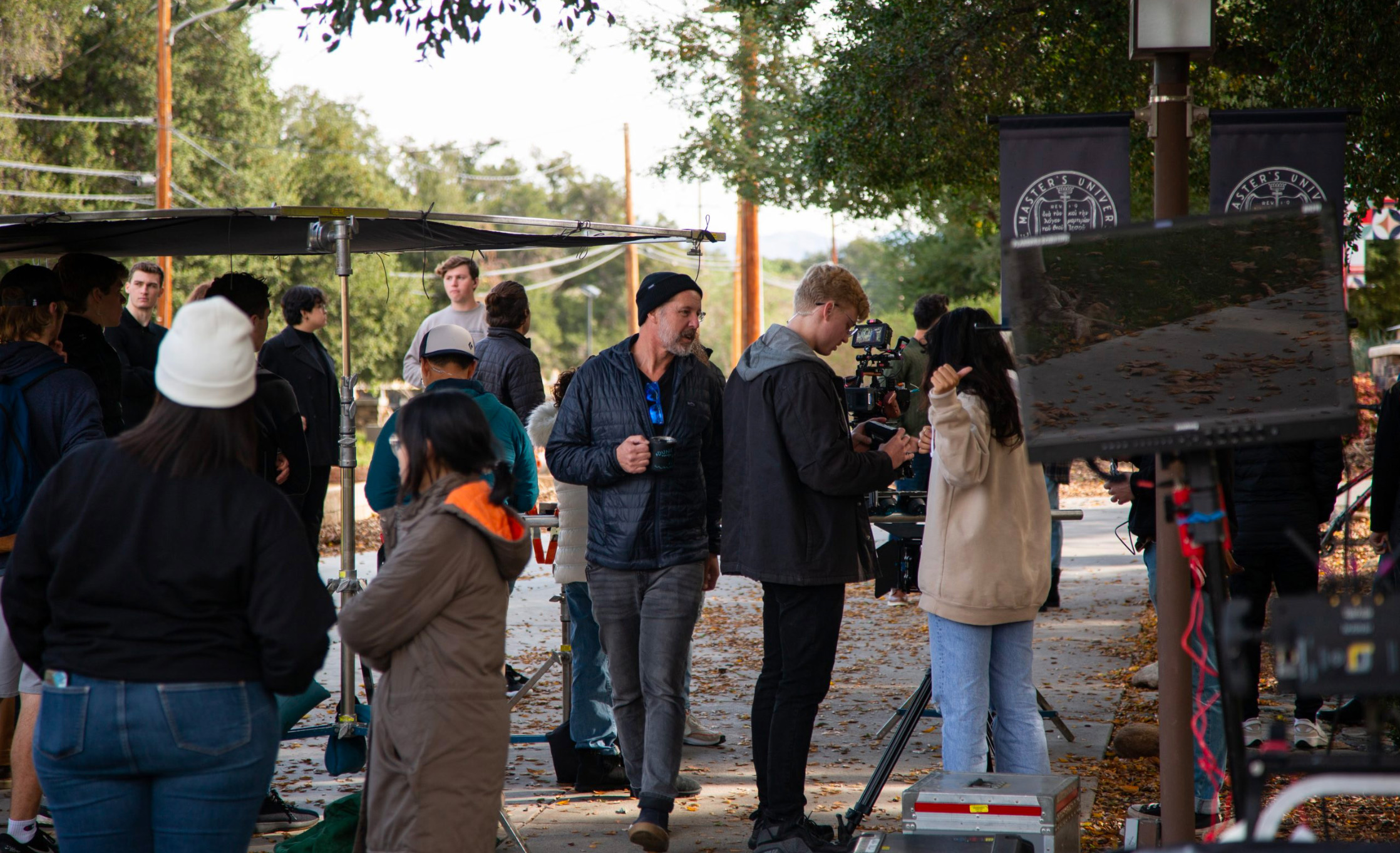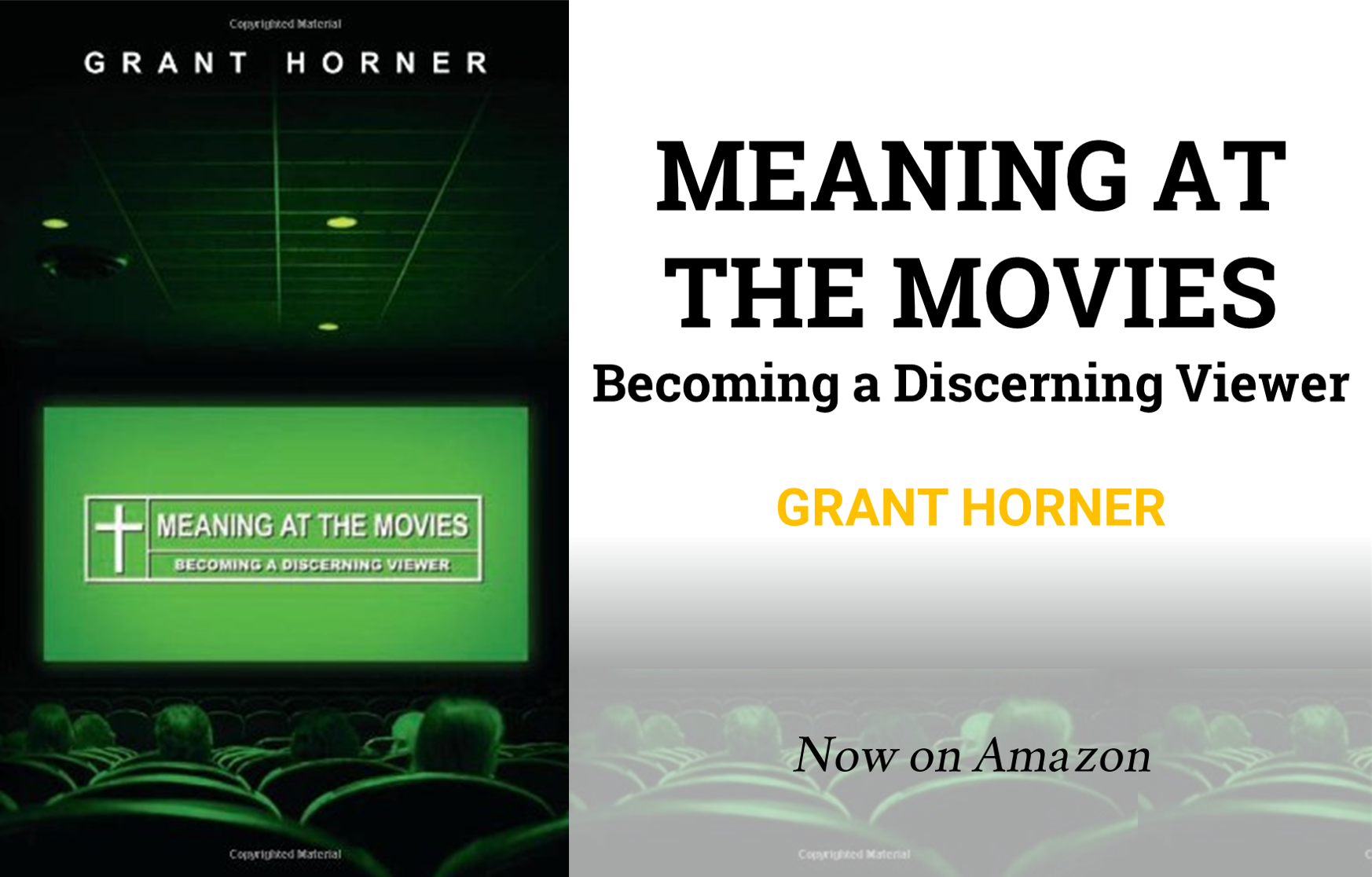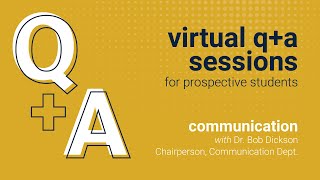The world of cinematography is a constant battle between the technical and the artistic. This course is designed to approach both by studying cameras, lenses, lighting and color, and camera movement. This course will cover both the theory and practical application of cinematography.
Course Highlights
A study of film from its early conceptual stages to its familiar modern format. Also included will be film’s influence on society and the biblical response.
Students will learn the fundamentals of non-linear editing. They will learn the technical aspects required by the film and television industry, the basics of assistant editing, and workflows.
Introduction to the video technical language and creative and aesthetic elements of the production process. Student will gain understanding of lighting, sound, camera operation, composition, and design of visual elements.
An overview of the business side of filmmaking. Topics include producing, financing, distribution, marketing, contracts, and other legal issues, working with studios, and the history of the film business. Also included will be a discussion of the art versus profit dilemma, and important films that changed the industry.
An introduction to the styles, techniques, content, and forms of screenwriting. Student work is considered for the department annual short film production.
This course will examine the entrepreneurial power shift in business and what it means for media practitioners, entrepreneurs, and technologists. The disruptive nature of the Internet, open-source technologies, and lower barriers to entry have prompted a shift in the power of large media companies toward smaller organizations and individuals.





